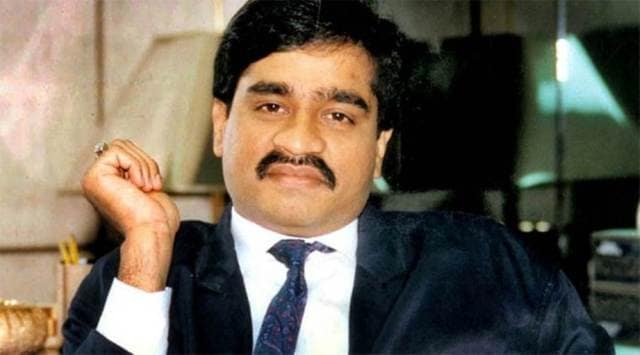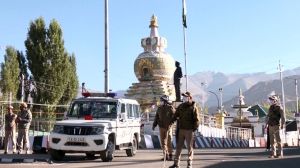Dawood was among 88 others who figured in a list, published as a Statutory Regulatory Order (SRO) by Pakistan’s Ministry of Foreign Affairs to escape blacklisting by the Financial Action Task Force (FATF).

However on Sunday, a statement issued by Pakistan Foreign ministry brushed aside media reports which claimed that Islamabad had “admitted to the presence of certain listed individuals on its territory” as “baseless and misleading.”
Story continues below this ad
“The Ministry of Foreign Affairs issued two consolidated SROs on 18 August, 2020, reflecting the current status of the UN Taliban and ISIL (Da’esh) and AQ Sanctions list. These lists contain names of individuals and entities designated under the two sanction regimes established pursuant to the UN Security Council resolutions. The consolidated SROs are issued periodically as a routine matter. Similar SROs have been issued, by the Ministry of Foreign Affairs, in the past, as per statutory requirements to meet our international obligations. Last such SROs were issued in 2019,” the statement read.
Also Read | Masood Azhar, Hafiz Saeed, Dawood Ibrahim declared terrorists under new anti-terror law
“The SROs issued reflect information contained in the list entry of UN designated individuals/entities. The reports in certain sections of the media about Pakistan imposing new sanctions measures, through these SROs, are not factual. Similarly, the assertions made by some sections of the Indian media, as to Pakistan admitting to the presence of certain listed individuals on its territory, based on the information contained in the SRO, are baseless and misleading,” it added.
The statement further said: “It is once again reiterated that the information contained in the SRO is reproduced as per the details in the list entry of the individuals/entities designated under the two sanctions regime, which is publically available, and contains names of individuals who despite their confirmed deceased status still continue to be on the sanctions list.”
Story continues below this ad
Besides Dawood, Lashkar-e-Toiba chief Hafiz Saeed, Lashkar’s operations head and 26/11 accused Zaki-ur-Rahman Lakhvi, Jaish-e-Mohammad chief Masood Azhar also figure on the list.
All designated terrorists on the list will have no direct access to funds, be able to enter or transit through Pakistan, or be able to procure weapons.
Dawood, who is accused of the 1993 serial blasts in Mumbai among other terror attacks in India, has long been on India’s most wanted list, but successive Pakistan governments have denied his presence there.
Moving to avoid the FATF blacklist, Pakistan, via the SRO dated August 18, reproduced the terror listing of Dawood by the United Nations Security Council.
Story continues below this ad
In the Pakistan notification, Dawood’s details are provided under serial no. QDi.135 — as in the UNSC list of sanctions — and gives out all his details including his passport numbers, and address in Clifton, Karachi.
The entry is the same as the UNSC list, which has his aliases, residential address in Karachi (Pakistan) and his passport details (he has 9 Indian passports and 5 Pakistan passports). In all 5 Pakistani passports, the entry says “misuse” — indicating that Pakistan has not provided them through official means.









